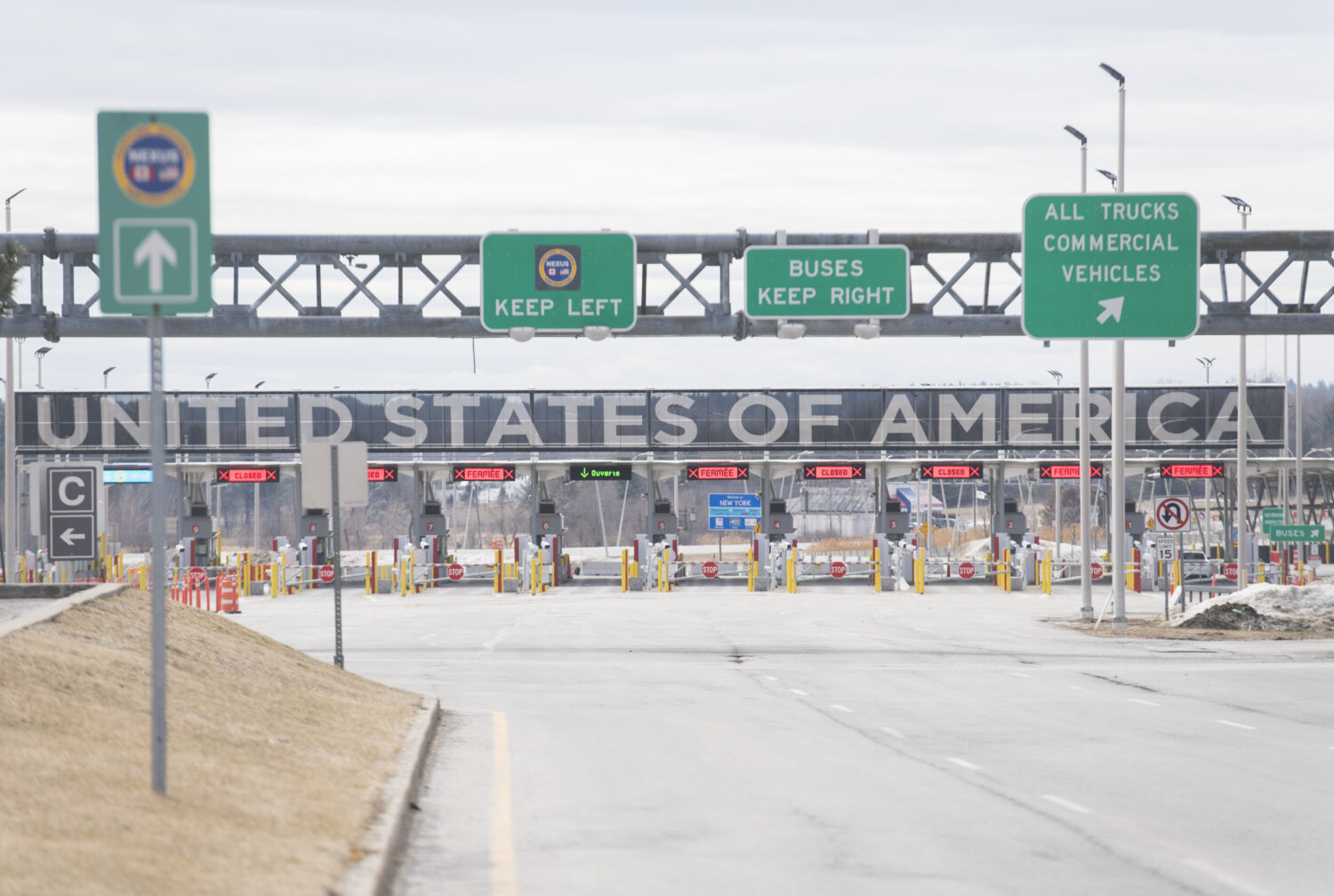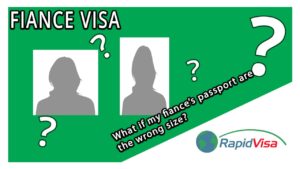How to successfully navigate your J-1 visa interview
What to Expect in the J-1 Interview
One important step of every J-1 visa application is the visa interview which occurs at the U.S. Embassy or consulate in the applicant’s home country. The visa interview is the last step before the U.S. government is able to determine whether an applicant meets the J-1 visa requirements and is able to attend their upcoming exchange program in the U.S.. Not sure if you qualify for an J-1 exchange visa? Start by checking your eligibility.
The main purpose of the J-1 visa interview is to determine whether an applicant is qualified to attend their specific exchange program and if they will abide by the “nonimmigrant intent” rule of the J-1 visa. The consular officer will ask general questions about your intended program, whether you will be able to financially support yourself during your time in the U.S., and whether you intend to return to your home country after your program ends.
We’ve put together some helpful tips and gathered common interview questions to help you familiarize yourself with the process and prepare for your J-1 visa interview with confidence. In this guide:
Boundless + RapidVisa not only make it easy for you to complete your J-1 exchange student visa application, but we can also help you get ready for your visa interview. Learn more about what you get with Boundless + RapidVisa, or get started now.
J-1 Interview Questions
Questions may vary depending on the interviewing officer and your specific program category, but here are some of the most common questions you may encounter during a J-1 visa interview:
Questions about your program
- What is the purpose of your program?
- What do you want to do while in the United States? What places will you visit?
- What cultural activities will you participate in?
- Where is your exchange program?
- What will your housing situation be?
- Why did you choose a program in this specific state?
- How many hours per week will you be working during your program?
- What will your compensation be?
- What is your employer’s worker’s compensation policy, if applicable?
- What activities and responsibilities will you have during your internship or training?
- What was your score on your English language test (TOEFL, IELTS, etc.)?
Financial Questions
- Where did you last work? Where do you currently work? Why did you leave your last job?
- Do you have any financial sponsors for your program?
- Is your program paid for by a government entity? Is it an entity from your home country or an organization in the U.S.?
- Will you be paid during your program?
- What was the placement fee for your program?
Determining Social Ties to your Home Country
- Tell me more about your family. What do your siblings and other immediate family members do for a living?
- How many family members have graduated from college and are working professional jobs?
- Do you have any assets or investments in your home country?
- Do you own property?
- Are you currently enrolled in school?
- What are your long-term educational goals?
- What are your long-term career goals?
Immigration History and Visa Eligibility
- Do you have any relatives or friends who currently reside in the United States?
- Have you ever traveled to the United States before?
- Do you have any other types of U.S. visas?
- What are your plans after your program ends?
- Will you return home or do you intend to seek employment in the U.S?
If navigating all of these questions seems complicated, don’t worry! Boundless + RapidVisa can help you prepare with exclusive interview prep materials from a former U.S. consular officer. Sign up today to access mock interviews and more helpful tips.
J-1 Interview Tips
Here are some extra tips to help you interview with confidence:
Be professional and organized. This tip may seem self-explanatory, but a bit of extra preparation can go a long way at a J-1 interview. To ensure the interview goes smoothly, arrive at the U.S. Embassy or consulate on time for your visa appointment. Make sure to dress appropriately — think business attire, or how you would dress for a formal job interview. Gather any additional evidence or supporting documents you would like to present to the interviewing officer and have it on-hand during the interview.
Understand your sponsor and program. The J-1 visa program was founded to promote cultural exchange and strengthen relations between the U.S. and other countries. As an applicant, you must be sponsored by an approved university, private sector organization, or government program. During the interview, the consular officer is going to want to learn more about your exchange visitor program and why you chose it. It is important to read up on the details of your sponsoring organization and understand the type of program you are applying for. Make sure you’re able to explain the details of your program during the interview (such as cost and duration) and be prepared to demonstrate why this particular program interests you to the consular officer.
Understand the type of visa you’re applying for. Before attending the J-1 interview, it is important to understand which type of U.S. visa you’re applying for. The J-1 is a nonimmigrant visa, meaning that J-1 visa holders can not immigrate to the U.S. while on J-1 status and they must leave the country when their visa expires. J-1 visas are issued for exchange visitor programs, with the assumption that the visa holder will return to their home country after they complete their program. Since U.S. law presumes that you have the intent to immigrate to the U.S., it is your job to prove to the consular officer that you do not intend to live in the U.S. permanently. During your interview, if you cannot prove that you intend to return to your home country after your program ends, you could be denied by the consular officer without any right to appeal or review of your case. Study the questions under the “Determining Social Ties to your Home Country” section thoroughly and practice detailed responses to each, in order to increase your chances of success.
You don’t have to navigate the J-1 exchange visa process alone. Boundless + RapidVisa can complete your J-1 application, help you prepare for your visa interview, and answer any student visa questions you may have along the way. Learn more about what we do to help.


